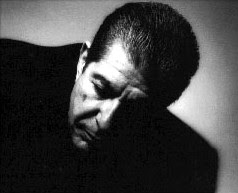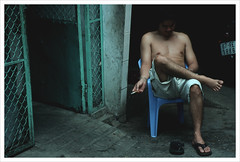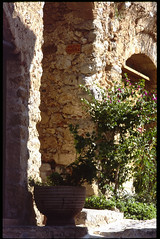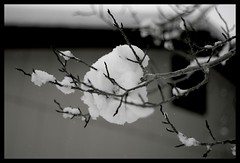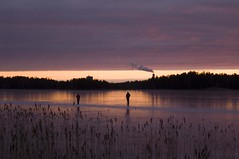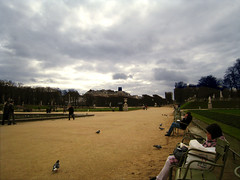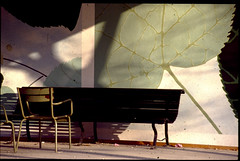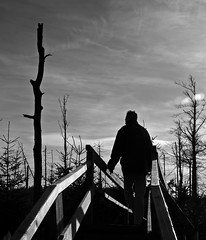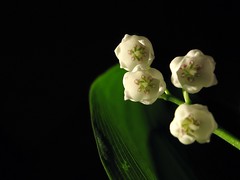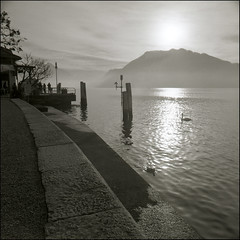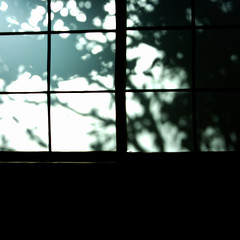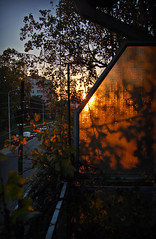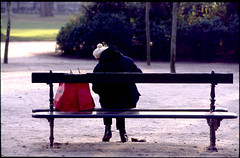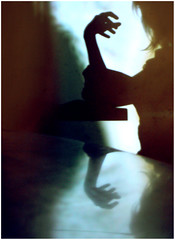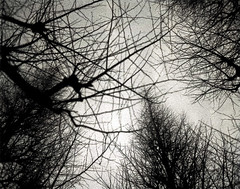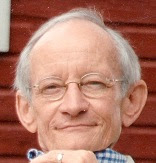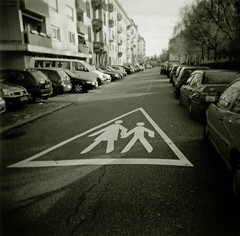
Human B e h a v i o u r - II
Originally uploaded by fabikinhas_world.
You thought that it could never happen
to all the people that you became,
your body lost in legend, the beast so very tame.
But here, right here,
between the birthmark and the stain,
between the ocean and your open vein,
between the snowman and the rain,
once again, once again,
love calls you by your name.
The women in your scrapbook
whom you still praise and blame,
you say they chained you to your fingernails
and you climb the halls of fame.
Oh but here, right here,
between the peanuts and the cage,
between the darkness and the stage,
between the hour and the age,
once again, once again,
love calls you by your name.
Shouldering your loneliness
like a gun that you will not learn to aim,
you stumble into this movie house,
then you climb, you climb into the frame.
Yes, and here, right here
between the moonlight and the lane,
between the tunnel and the train,
between the victim and his stain,
once again, once again,
love calls you by your name.
I leave the lady meditating
on the very love which I, I do not wish to claim,
I journey down the hundred steps,
but the street is still the very same.
And here, right here,
between the dancer and his cane,
between the sailboat and the drain,
between the newsreel and your tiny pain,
once again, once again,
love calls you by your name.
Where are you, Judy, where are you, Anne?
Where are the paths your heroes came?
Wondering out loud as the bandage pulls away,
was I, was I only limping, was I really lame?
Oh here, come over here,
between the windmill and the grain,
between the sundial and the chain,
between the traitor and her pain,
once again, once again,
love calls you by your name.
Leonard Cohen
